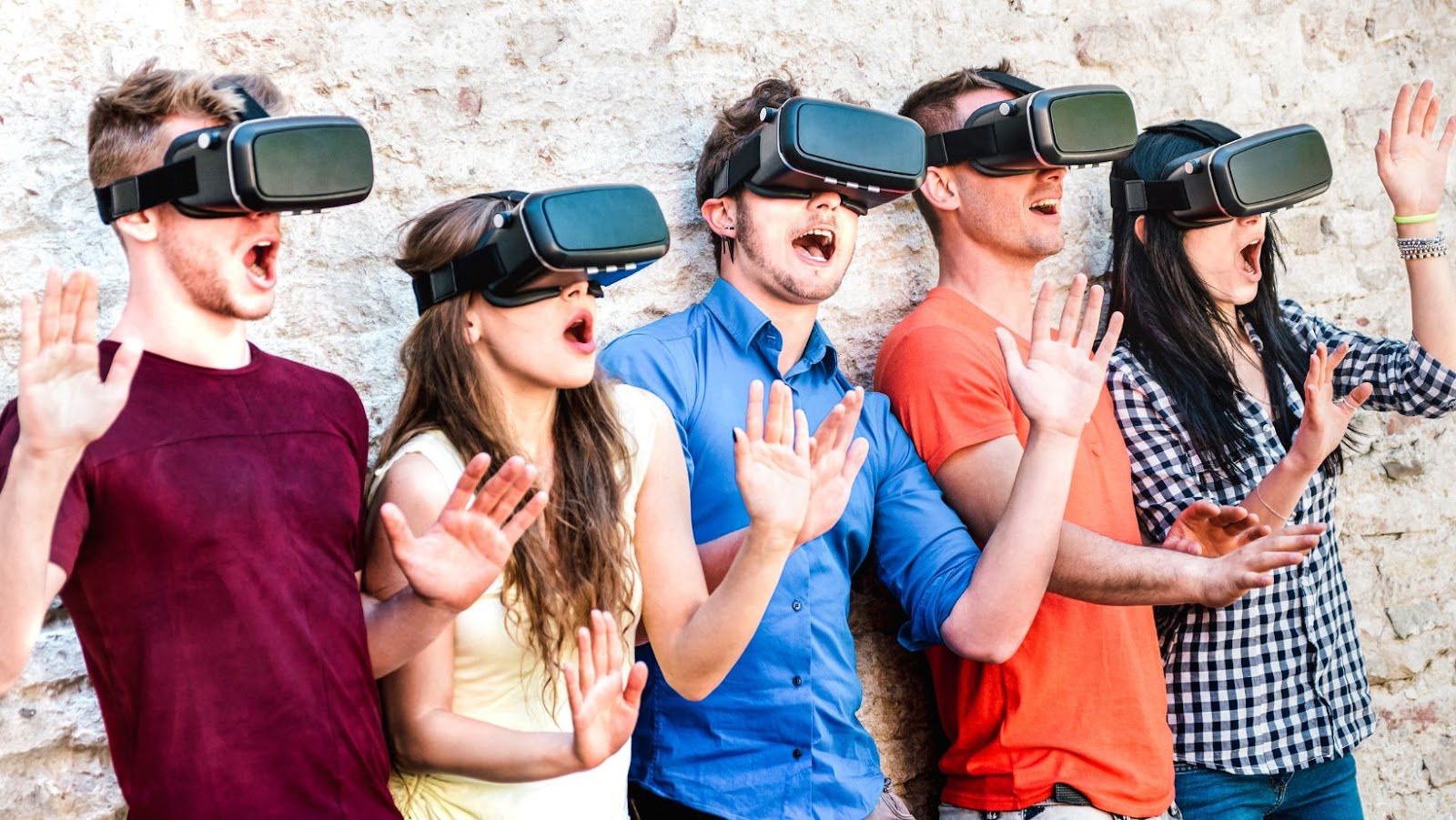 Gen Z Gaming Statistics
Gen Z Gaming Statistics
When unpacking Gen Z’s game choices, several influencers stand out. Competitive elements form the first factor. Many Gen Z gamers relish games offering a challenge for instance, MOBAs (Multiplayer Online Battle Arenas) like ‘League of Legends’ or ‘Dota 2’.
The second factor, accessibility, also plays a pivotal role. Games that run smoothly on various platforms, specifically mobile devices, grabs Gen Z gamers’ inclinations.
Next, consider the importance of relatable content. Games that mirror Gen Z’s worldviews or contain socially advanced themes strike a chord with this demographic. For instance, games like ‘Life is Strange’ that tackle real-world issues have found resonance with them.
Lastly, the trend towards interactive and immersive gaming experiences is strong amongst Gen Z gamers. VR-based games, for instance, The Elder Scrolls V: Skyrim VR, have shown an uptick in its popularity amongst them.
Social engagement forms an intricate part of Gen Z’s gaming lifestyle. For them, gaming transcends beyond the boundaries of a mere pastime and morphs into a social channel. Examples abound, ranging from real-time interaction within games, as seen in ‘Fortnite,’ to social community formation on platforms like Reddit or Discord.
Often, Gen Z gamers build friendships founded on shared gaming experiences. Platforms enabling such interactions thrive, with ‘Twitch’ and ‘YouTube Gaming’ prominently among them.
Additionally, multiplayer games providing social functionality have seen a surge amongst this generation. Examples include ‘Among Us’ and ‘Call of Duty: Warzone,’ where gamers not only compete but also build social networks.
 Gen Z Gaming Statistics: A Detailed Analysis
Gen Z Gaming Statistics: A Detailed Analysis
Platform selection is a pivotal aspect of the Gen Z gaming experience. Comparing global figures illuminates the gaming preferences of this demographic. According to a 2020 report by GlobalWebIndex, 51% of Gen Z gamers prefer consoles, with PlayStation and Xbox leading in popularity. Meanwhile, around 47% of Gen Z gamers opt for mobile platforms, drawn by their on-the-go convenience. Interestingly, fewer Gen Z gamers, approximately 44%, choose PC gaming despite its technical superiority.
Delving deeper, certain gaming genres captivate Gen Z more than others. Data from a Nielsen survey (2020) reveals that MOBA (Multiplayer Online Battle Arena) games top the list, with clear player preference for titles like League of Legends & DOTA. In close run, competitive shooters like Fortnite and Call of Duty also keep a significant hold on Gen Z’s attention. Lastly, role-playing games (RPGs) also find favor, reflecting this generation’s love for immersive and narrative-driven experiences.
 The Impact of Gaming on Gen Z’s Lifestyle
The Impact of Gaming on Gen Z’s Lifestyle
Defining the nexus of gaming and Generation Z’s lifestyle reveals an intricate web of influence. Gaming transcends the realm of mere entertainment, shaping mental health narratives and daily routines.
Exploring the intersection of gaming and Gen Z’s mental health unveils a paradox. On the one hand, numerous studies authenticate gaming’s role in enhancing cognitive functions. Generation Z gamers exhibit improved problem-solving skills, increased concentration levels, and honed strategic thought processes. Predominantly, digital games raising tasks involving navigating uncharted landscapes, solving complex puzzles, or strategizing team battles, like the notably popular League of Legends, drive these cognitive boosts.
However, gaming displays a potential dark side, spawning concerns around increasing anxiety levels, promoting sedentary behavior, and triggering addictive tendencies. A study by the American Journal of Psychiatry reported that 9% of Gen Z gamers display signs of internet gaming disorder. These individuals manifest symptoms such as preoccupation with gaming, withdrawal symptoms when gaming is taken away, and tolerance (the need to spend more time gaming to satisfy the urge).
Equally intriguing is the way gaming encroaches upon Gen Z’s daily activities – academic pursuits, social interactions, and even sleeping patterns. A study by the Pew Research Center suggests that 41% of Gen Z’ers admit their gaming habits sometimes interfere with their homework tasks. Moreover, 31% attest that gaming often disrupts their sleep indicating marked behavioral changes among Generation Z as a fallout of the gaming culture.
Paradoxically, instead of hindering social interactions, gaming has emerged as a potent facilitator of social connections for Gen Z. eSports tournaments, gaming conventions, and in-game chat functions promote a sense of community and enable real-time interactions. Popular cross-platform games such as Fortnite cut across geographical barriers, bringing together Gen Z gamers from around the globe and fostering global friendships.